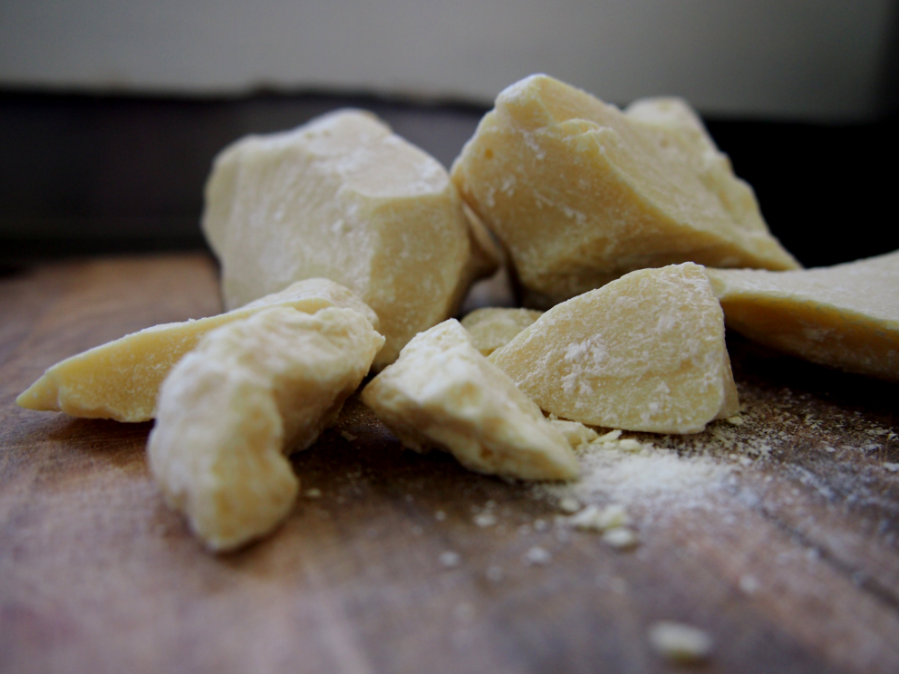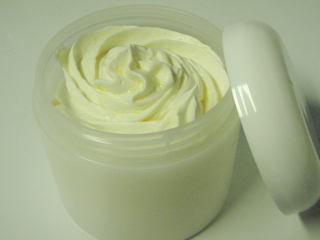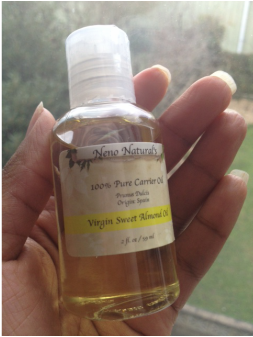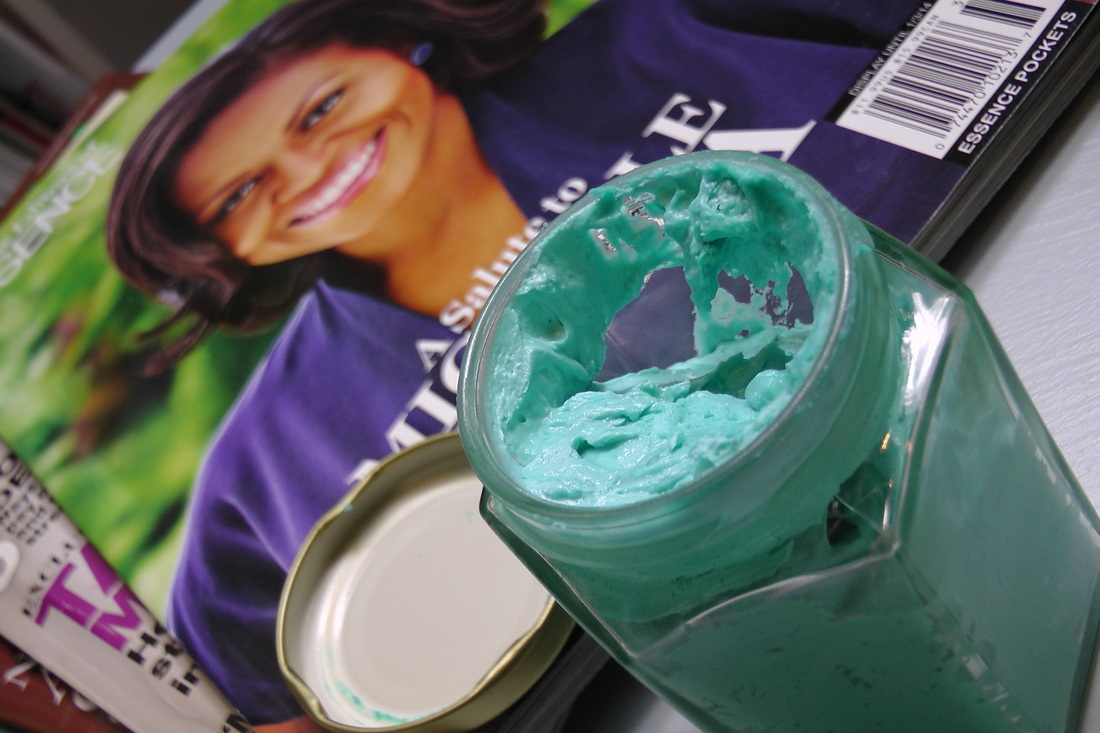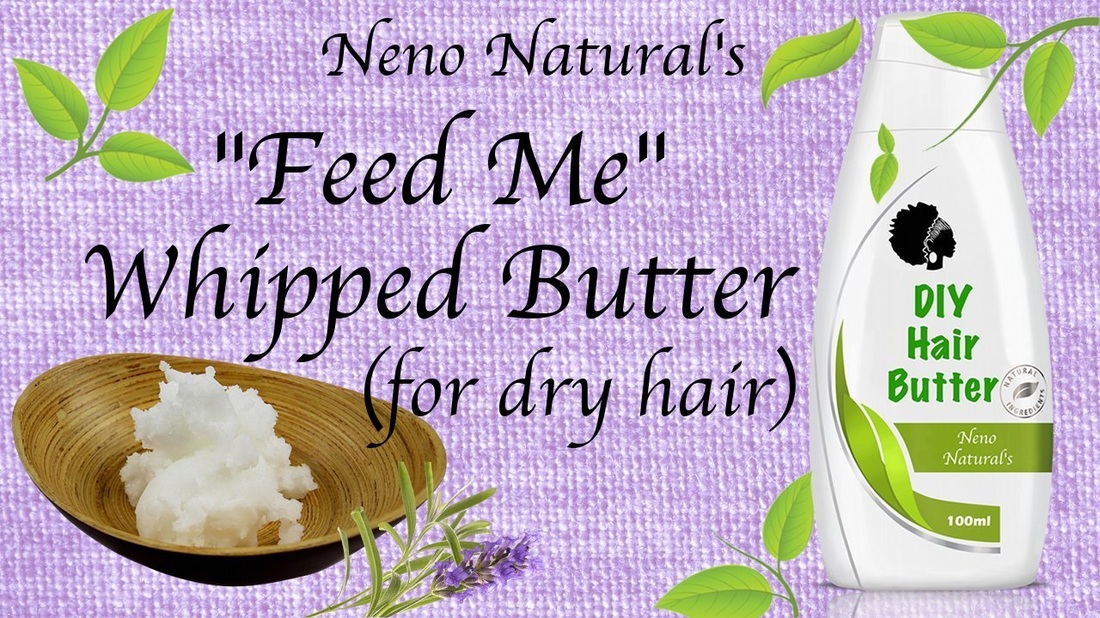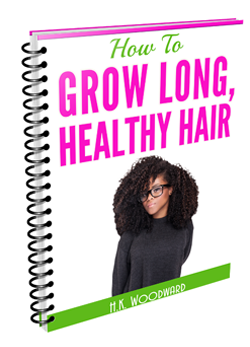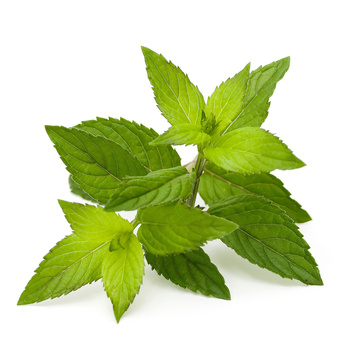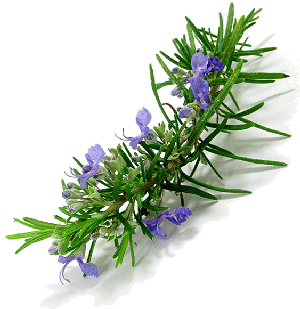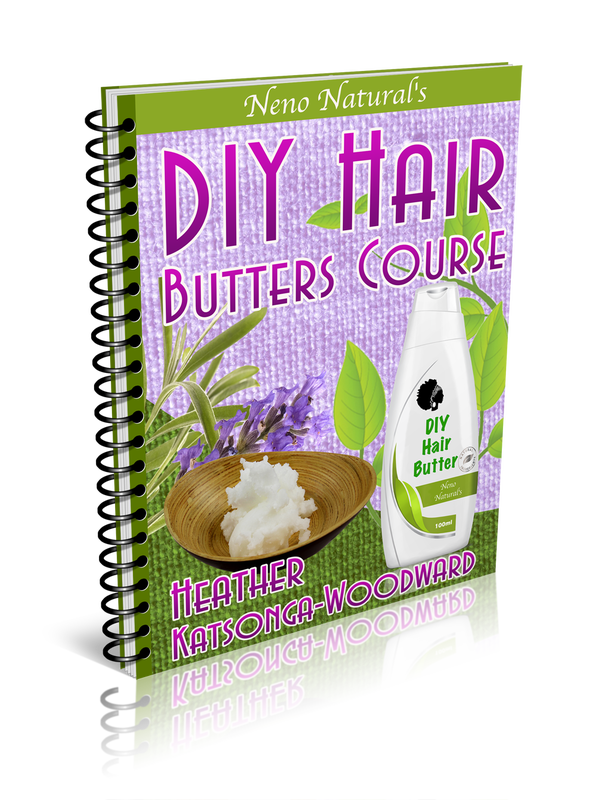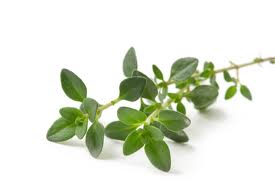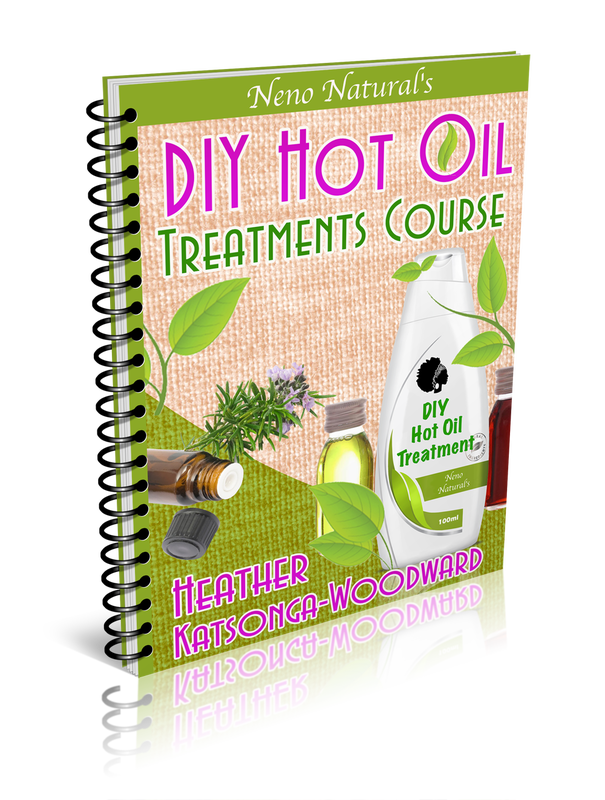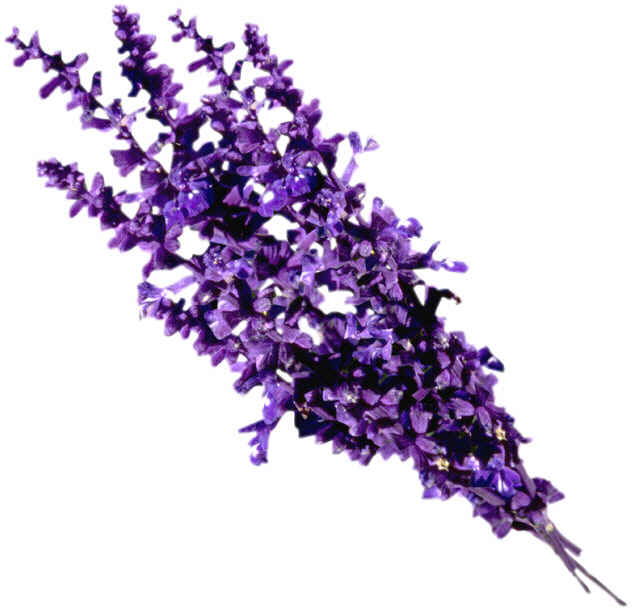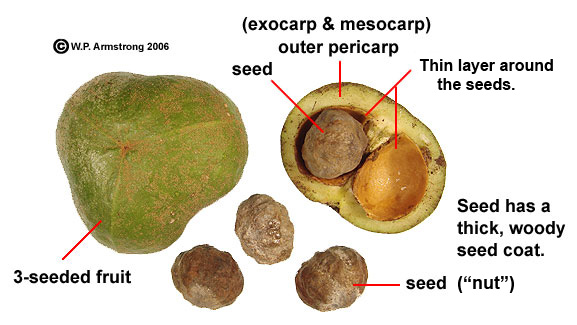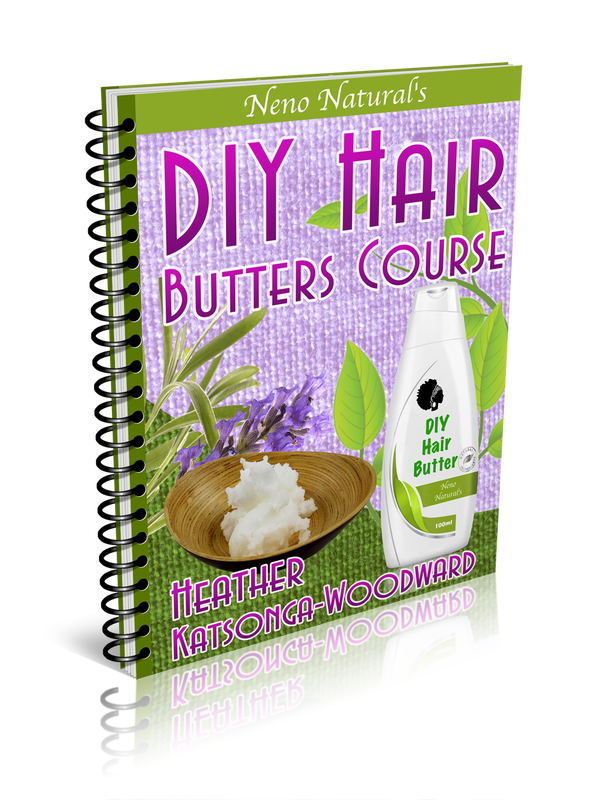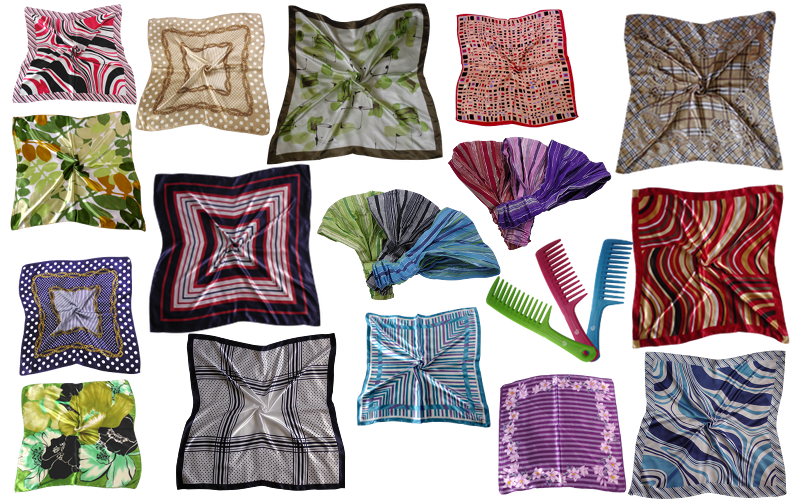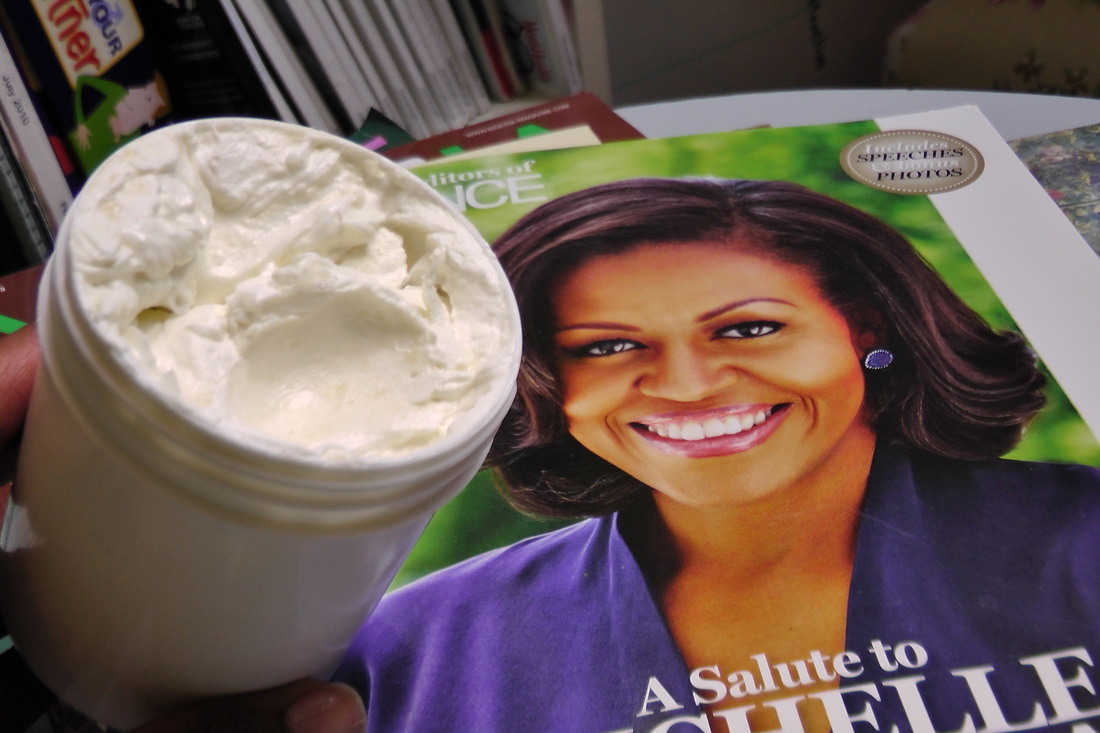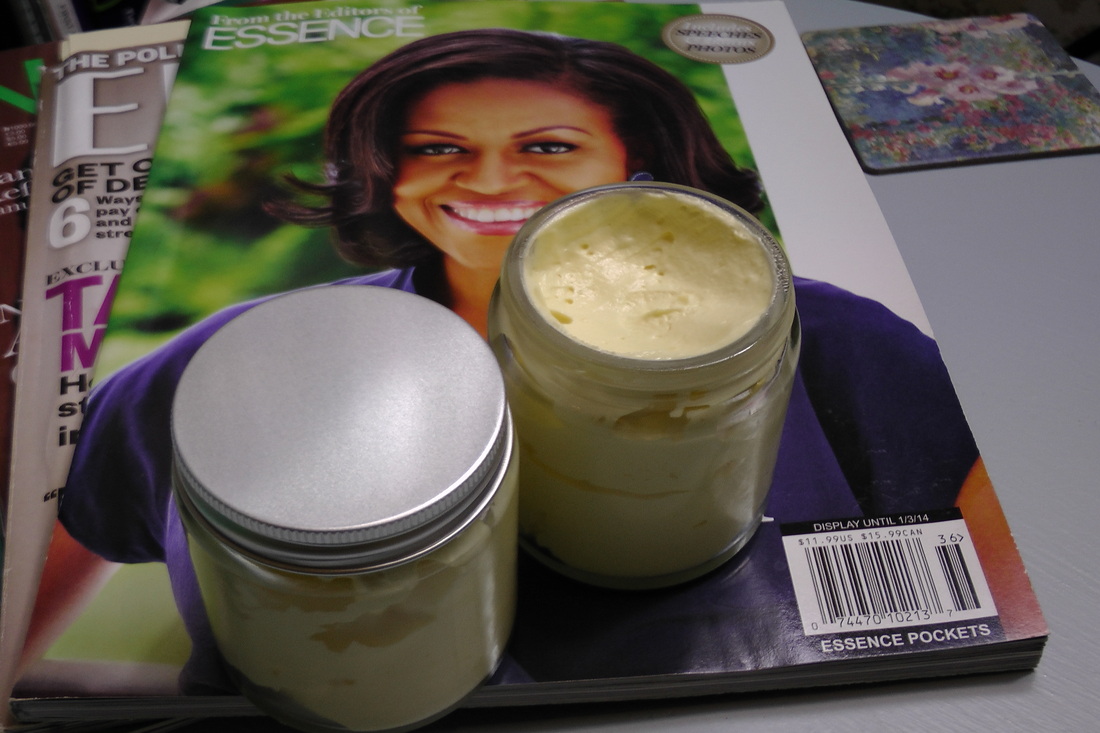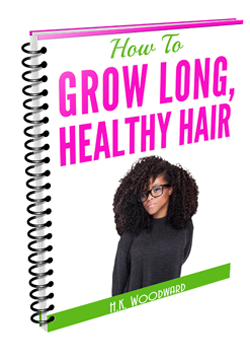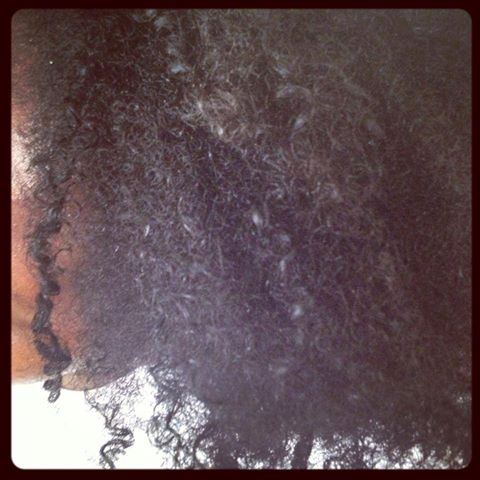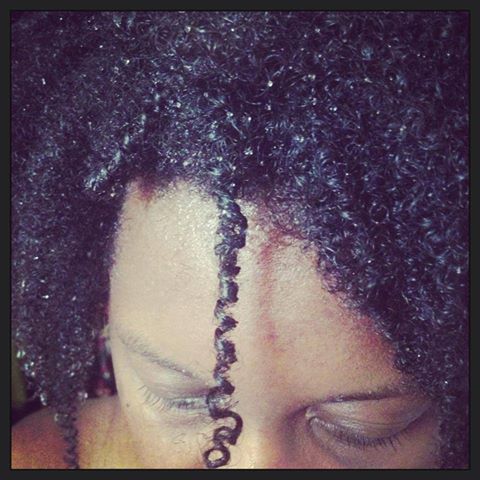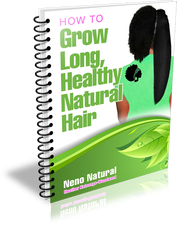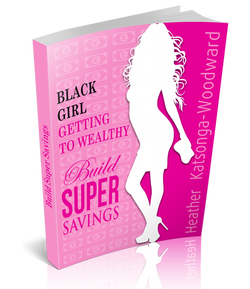|
Oils (or liquid butters/fats) have very few saturated fats and a lot more unsaturated fats. Unsaturated fats have a lower melting point so the fat remains liquid at room temperature.
Butters (or solid oils/fats) have a lot of saturated fats and fewer unsaturated fats. Saturated fats have a higher melting point so the fat remains solid at room temperature. Although we call it coconut oil it's actually a butter as it is almost entirely composed of saturated fats. How does this matter for your hair? You should think about fats as falling into three categories when it comes to your hair:
If you are doing a hot oil treatment you may therefore want to use more penetrating butters. This explains why I use a lot of solid butters in my hot oil treatment recipes. If you are sealing your hair you might want to blend your butters with an oil because the polyunsaturated fats in liquid oils coat the outside of hair and may therefore seal for longer. Most butters usually only have 3-5% polyunsaturated fats. 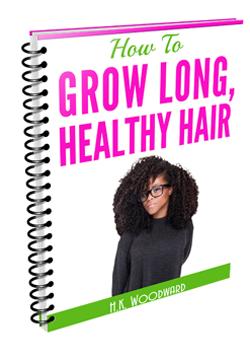
The vegetable butters, oils and essential oils in the "Feed Me" whipped hair butter are designed to seal dry hair and help to keep it moisturized for longer. Before application make sure you moisturize your hair first.

Ingredients
Butters (75%)
Liquid Oils (24%)
Essential oils (1%)
Wax (0%): None Optional: Color – I added 10 drops
Method
Storage: The shelf life of this butter is about 18 to 24 months. 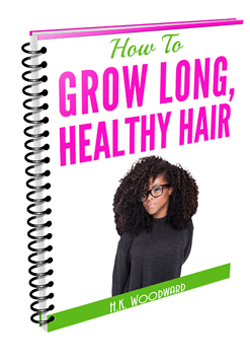
Different butters perform each of these functions to a different degree. Compared to other butters kukui butter is super soft and has a very non-greasy feel. Good Substitutes For Kukui Rice bran oil and sesame seed oil have the same balance of oleic acid and linoleic acid so you can substitute between the three. You can also use kukui oil instead of grapeseed oil or hempseed oil because it has a longer lifespan.
Apparently kukui is/was popular amongst Hawaiians who's dry hair had been overexposed to sun and was therefore sun damaged; kukui is therefore a useful input in any of my "Love Me" DIY Hair Recipes which are designed for weak, brittle and damaged hair. 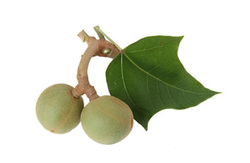
Because of its regenerative effect kukui would also be a great ingredient in my "Soothe Me" Hair Recipes. Kukui is a relatively new discovery for me but it's becoming one of my favourites. I already prefer it to castor oil and grapeseed oil.
Shelf Life is 12 to 18 months.
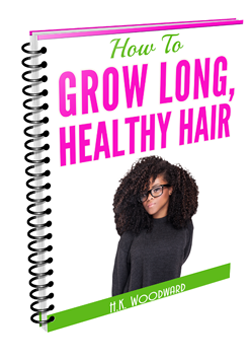
Get your FREE ebook on How To Grow Long, Healthy Natural Kinky or Curly Hair. You might also like: Ref: Wayne's World, swiftcraftymonkey on kukui-nut-oil, wikipedia (Candlenut_oil), naturallythinking (Kukui Nut Butter), gardenofwisdom.com/butters, livestrong.com (Benefits Of Kukui Nut Oil)
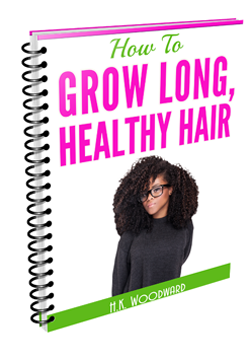
The basic formula is: 70 to 80% solid butter plus 20 to 30% liquid oil. After that you just need to choose which butters and oils you want to have in your whipped butter. In all of my DIY Whipped Hair Butter Recipes I advance this basic formula by:
Using Hard Butters 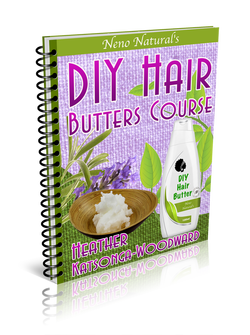
If you are going to use just one butter, I have a warning don't use any of the hard butters because that whipped butter is going to be far too hard. Hard butters include cocoa, illipe, kokum, and sal a.k.a shorea.
If you must use one of those hard butters then make it no more than 15-25% of the recipe and combine it with another softer butter. Shea butter and mango butter are both soft but the more exotic kukui is super soft. Kukui butter is actually hydrogenated kukui oil. Alternatively, you can go 60% hard butter plus 40% oil and see how that goes. In the reference section at the bottom of this blog check out Garden of Wisdom for info on whether a butter is hard or soft plus info on shelf life etc. If you don't have all the oils and butters that I use in my DIY Whipped Butter Recipes you can substitute with another oil or butter. You can add any oil soluble ingredients to a whipped butter but you cannot add water soluble ingredients. That would require an emulsifier and I personally don't want to go that advanced with my whipped butters, it's not worth the effort! WAXES: I use waxes in some of the softer whipped butter recipes to firm them up a little and to increase sealing power. If you don't have a wax that I am using then use another wax instead. Use more butter or oil if you remove the wax from the recipe. So the method is: 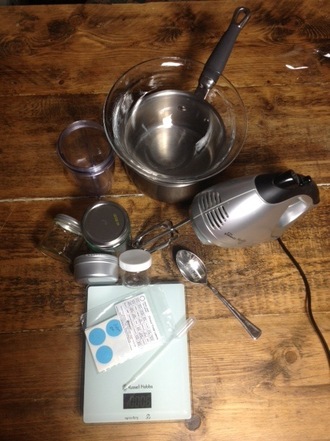
You can use a spoon or a cake-decorating piping tube to place your whipped butter in the jar. 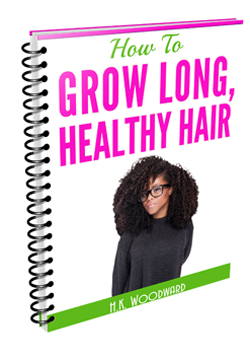
Get your FREE ebook on How To Grow Long, Healthy Natural Kinky or Curly Hair. You might also like: Ref: Garden Of Wisdom - Butters page  My lab scale; 0.1g accuracy. My lab scale; 0.1g accuracy.
At a minimum you want a scale that can measure in 1 gram (1g) increments.
Ideally you should get one that can measure in 0.1 gram increments like I have because it is very accurate If you're into ounces, teaspoons and cups, you'll have to learn grams because imperial units simply aren't accurate enough and converting tiny quantities to ounces is VERY messy, e.g. 0.2g = 0.00705oz! I doubt any scale that uses ounces will show that many decimal points! If you find one, great! If your scale only goes up in 1g increments and you don't want to get another one then you have 2 choices:
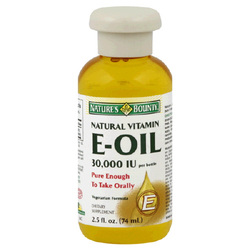
You will notice that my DIY Whipped Butter recipes all include 1% vitamin E oil.
This is because vitamin E is packed with anti-oxidants and will help to extend the shelf life of your shea butter. How much longer will a shea butter last with the inclusion of vitamin E oil? No one can really tell you because the vitamin E oil is just one factor impacting the shelf life. There are many other factors, e.g. the temperature, humidity and light where you store the butter plus the lifespan of the oils and butters that you are actually using to make the whipped butter. I keep my shea butter in my bedroom where it is usually very cool and dark - I live in cold London. If you are in Jamaica your bedroom conditions will be different. If you keep it in a bathroom, again the conditions are different. Ultimately though, I like to play around with different butter recipes so I only make a small batch each time. The six that you see in the DIY Whipped Butter recipes are just some of my recipes. I play around with fragrances sometimes, try different butter combinations and so on. If you will be making just a small batch each time then shelf life is not a big issue. It is only an issue if you make whipped butters for sale and will therefore be making large batches that may only be used many months after you've made them. 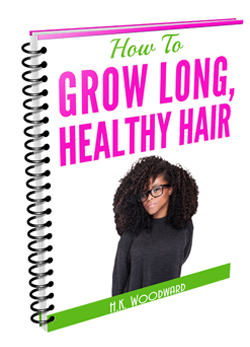
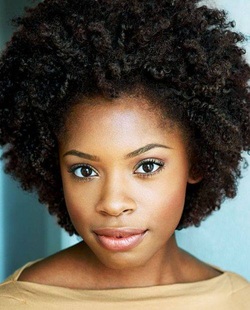
Natural Hair
To me, when I am talking about "natural hair" - I simply mean hair that has not been permanently straightened using some kind of a chemical ingredient, e.g. relaxer, Brazilian blow dry etc. This does not include hair straightened using temporary methods such as heat. Natural Ingredients I have no idea what a natural ingredient is! Natural is defined as "existing in or derived from nature; not made or caused by humankind." If you use this definition then I think there are different degrees to which something can be natural and just calling something natural does not mean much. For example, a carrot is natural, yes, but if you cook it, it's less natural. The girl that eats a raw carrot is giving her body more and better nutrients than the girl who cooks the carrot first. Similarly, a carrot picked fresh off a farm is more natural than one that has been bagged for a supermarket. That bag normally has life prolonging chemicals inside it. Of course, if we are talking about cake vs. carrot then there is no debate about what is more natural. However, even with the cake everything that goes in was natural. The flour came from wheat, the sugar from corn or sugarcane etc. If we weren't sat on our butts all day that cake wouldn't be so bad to eat either; it would be burned as energy rather than clogging up our arteries! 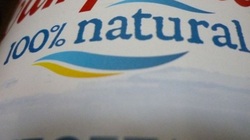
I am only using food as an example here because we can all relate to it. The principles can be easily applied to hair ingredients. If someone tells you something is natural ask them what they mean! The "natural" means something only if it is given a context.
Natural does not necessarily mean organic - so if that matters to you then clarify the organicness of a product; natural does not mean completely unrefined so check what, if any, refining a product went through before it reached you; natural does not mean locally grown. Basically, outside of "natural hair" - I think the term natural means nothing if it's not given a context. You need to define what natural means to you and then make sure that the people you are dealing with are using the same definition, e.g. organic, eco-friendly, free of certain ingredients or inputs, grown within the country you live etc. etc. Finally, I want you to note that unless you have specific allergies or conditions most things that are not natural will cause you no harm whatsoever if you use them in the right amount; indeed, almost all "natural" ingredients will result in a negative reaction if you use them wrongly - even drinking too much water can kill you! 'Nuff said! I'm out! 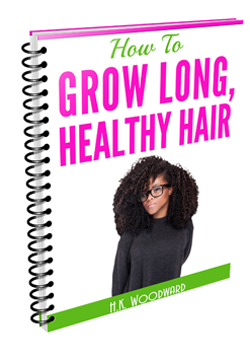
Get your FREE ebook on How To Grow Long, Healthy Natural Kinky or Curly Hair. Ref: Water Intoxication You might also like: 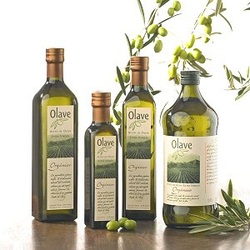
If there is one topic that gets me really wound up, it's this one. People assume that "organic" means healthier or unrefined but it does not mean either one of those things.
Outside of chemistry "organic" means that a product was grown or farmed without the use of pesticides, herbicides or any other "artificial" "chemicals" - I also hate the word chemical because EVERYTHING is a chemical! Salt is sodium chloride, table sugar is sucrose; just because you know its "regular" name does not make it "not a chemical"! Infact, lots of chemicals that you don't think are not edible become edible once they have been neutralized with another chemical, anyway, I digress. So exactly what is wrong with pesticides and herbicides? Pesticides are chemicals designed to kill bugs and insects that might destroy a crop. Herbicides are a special type of pesticide used to kill unwanted weeds. In the US, 70% of pesticides used are herbicides. 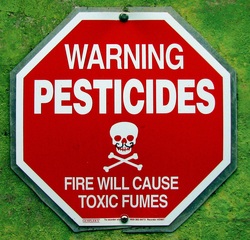
Pesticides (including herbicides) can lead to allergic reactions and other side effects if consumed in high amounts. However, just using an agricultural product that comes from a farm that uses herbicides or pesticides should not cause you any harm at all.
Importantly, it's extremely hard to prove that pesticides were not used in the farming of a product especially if that product has changed hands several times over. If you are concerned about your products being organic then you should buy directly from the farmer. Even a trusted commercial supplier who labels something organic may have no idea if it really is. They just have to trust whoever supplies them! Can a product be "organic" but still be refined. Yes, and frequently it is. A vegetable butter for example may be refined to change its colour because the producer wants a specific colour for all butters of that kind. For example, the colour of shea butter will vary from one harvest to the next because natural products do that - they don't come out with the exact same colour and composition every time; things like weather (sun, rainfall, etc.) impact crop production. A manufacturer can completely remove the colour using heat (thereby killing vitamins and minerals) but that butter would still be organic because herbicides were not used in farming it. If they replenish the butter with lots vitamins and minerals then perhaps that is okay but they might not do that. Importantly, note that most products that are labelled organic are not 100% organic; only a percentage of ingredients need to be organic for a product to be legally allowed to have the label "organic". 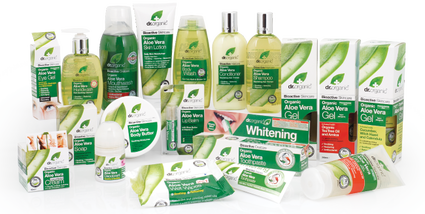
How About Dr Organic
That is just a brand name, the person behind the brand is not a doctor of any sort. Also, some of their ingredients are not organic. Their website says they simply try to source organic ingredients and where they can't source something organic they use they next best "natural" alternative. You know how I feel about the term "natural". Sorry to burst your bubble if you were in one. This is not to say this isn't a good brand - just that you shouldn't be blinded by brands and the look of things. 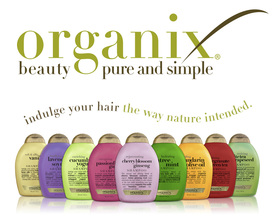
And Organix Hair?
Not organic at all - just a brand name. Huh? Yeah, don't be mad, they never made a claim to be organic! Refined vs. Unrefined vs. Organic "Unrefined" is a better term to watch out for than organic. If something is refined you want to know how it was refined. Some refinement is useful, e.g. a butter that will be eaten may need to be refined to remove toxic elements that are naturally found in it. I hope this helps you decide which products to buy and how not to be misled by clever marketing. 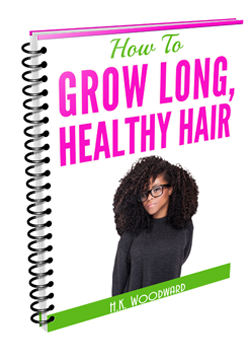
Get your FREE ebook on How To Grow Long, Healthy Natural Kinky or Curly Hair. You might also like: Ref: Herbicide, drorganic.co.uk |
I now blog about wealth creation - so if you have any money questions meet me there, you can do all sorts of cool things like leave me a voicemail.
By Heather Katsonga-Woodward
I was a natural hair blogger and mixtress living between London & Chicago from 2012 to 2017. I always thought I was 4C but some say 4B; images below - you decide! Heather xx Categories
All
Archives
November 2016
|

